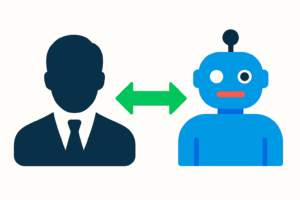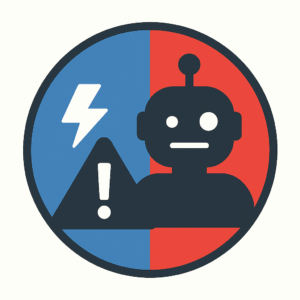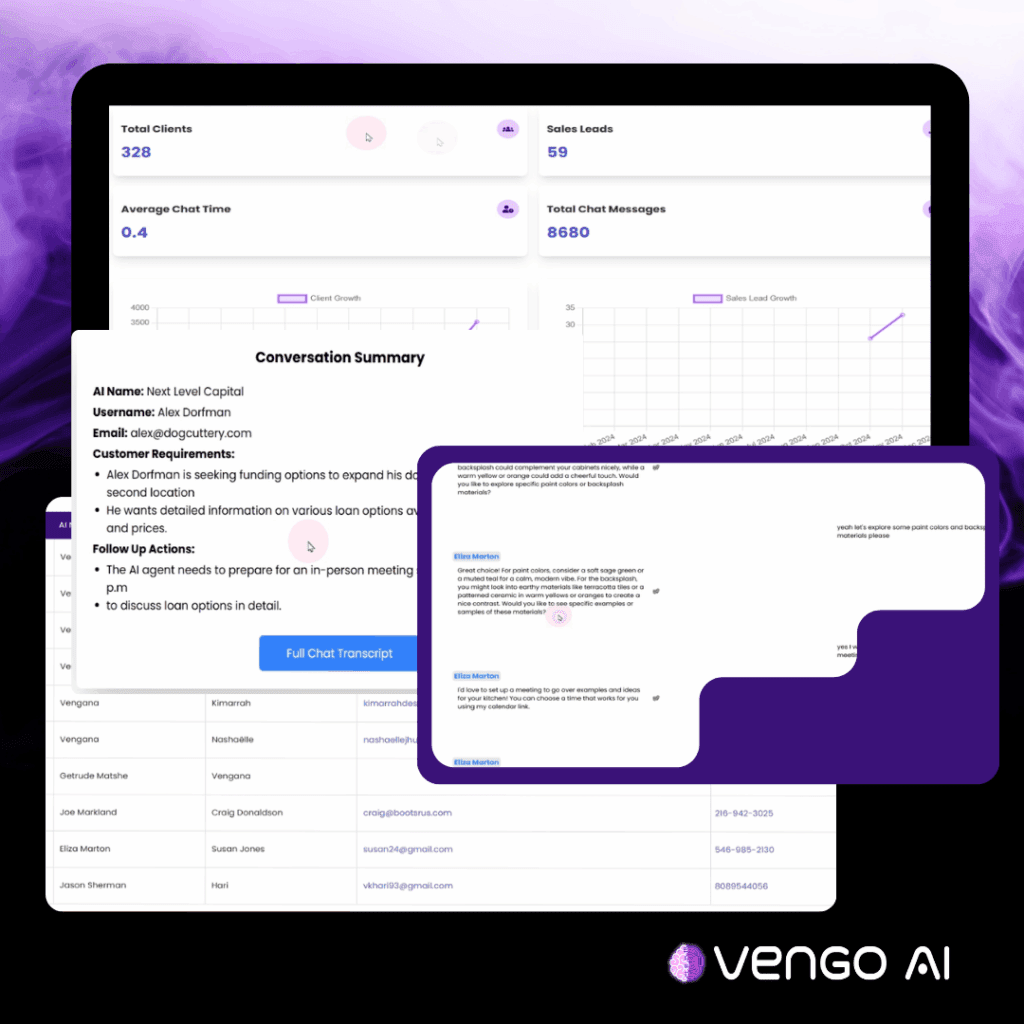The Rise (and Risk) of Autonomous Agents in Business
For years, AI lived quietly behind the scenes — crunching numbers, recommending playlists, auto-completing emails. But according to Forbes’ latest Agentic AI report, a dramatic shift is now underway.
AI is no longer just helping humans — it’s starting to act for them. These new systems, called autonomous AI agents, can reason, plan, and execute operations with little or no human oversight. And they’re not just lab experiments anymore — they’re entering boardrooms, customer-service flows, and sales pipelines.

From Tools to Teammates
Think of it like the jump from spreadsheets to CFOs. Where AI once handled repetitive tasks, now it’s stepping into strategic decisions — qualifying leads, negotiating deals, even triggering actions across CRMs and payment systems.
That’s why Forbes calls this the “agent era”: a new phase where AI agents are core business hires, not just digital assistants.
At Vengo AI, we’ve already seen this transition firsthand. Our AI Sales Agents are designed to engage, decide, and act — guiding conversations, capturing leads, and knowing exactly when to hand off to a human. It’s not automation; it’s collaboration.

New Power, New Risks
But more autonomy means new challenges. Once an AI agent can take real-world action — send messages, move money, or alter records — it expands the attack surface dramatically.
As Investors.com reported today, the market is already rewarding companies that combine AI growth with tight governance. Enterprises are prioritizing security layers, auditing tools, and explainability features that ensure agents don’t go rogue.
This is where “trust architecture” comes in — the invisible scaffolding that lets AI act safely. Without it, even a helpful AI can make unpredictable moves that cost businesses time, money, and reputation.

Why Governance Will Define the Next AI Wave
The next competitive edge won’t be who has the most advanced model — it’ll be who has the most controlled autonomy.
At Vengo AI, we’re investing heavily in agent accountability: full chat logs, transparent summaries, human-in-the-loop review, and enterprise-grade privacy controls. Because when AI represents your brand, it’s not just an algorithm — it’s a voice.
And that voice needs both intelligence and integrity.

The Bottom Line
The rise of agentic AI signals a new chapter: one where businesses aren’t just using AI — they’re partnering with it. The winners will be those who balance freedom with friction, giving AI room to operate while ensuring every move is traceable and aligned with human goals.
That’s what we mean when we say: Vengo AI doesn’t replace your team — it empowers it.
